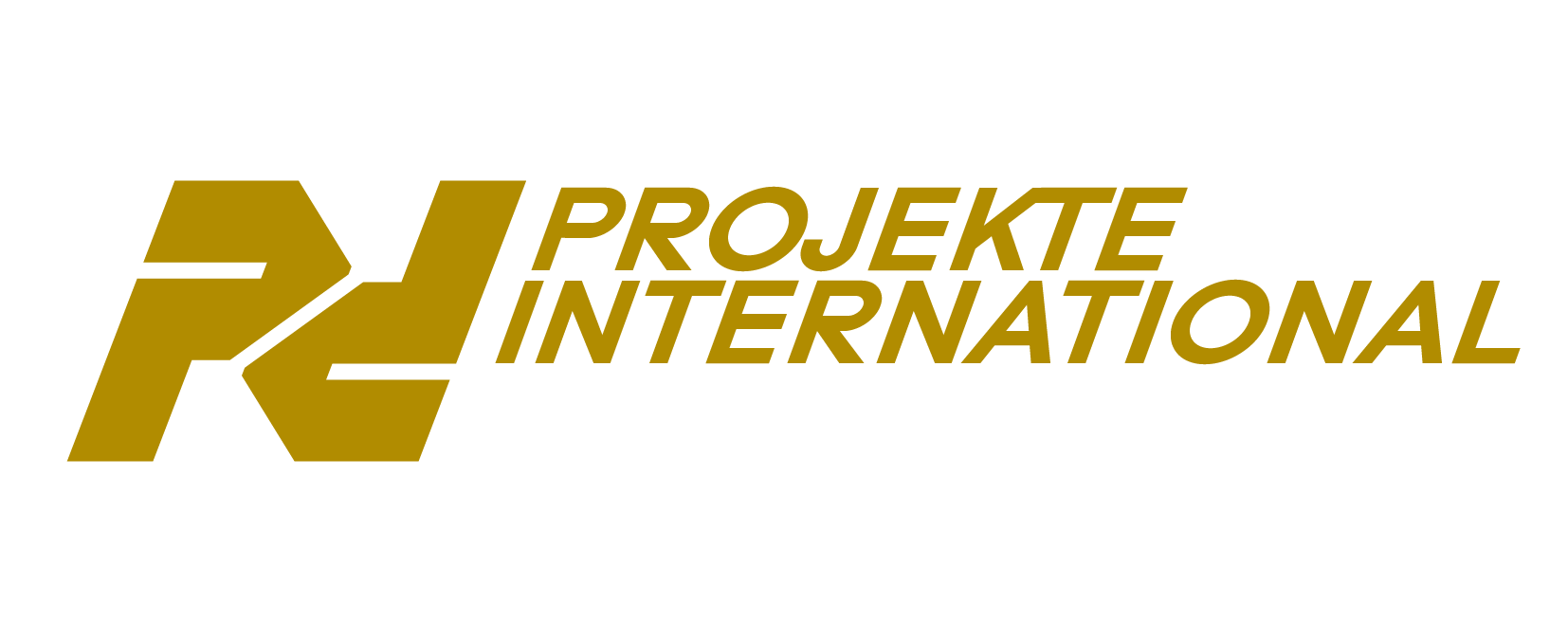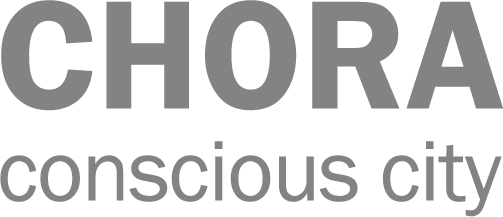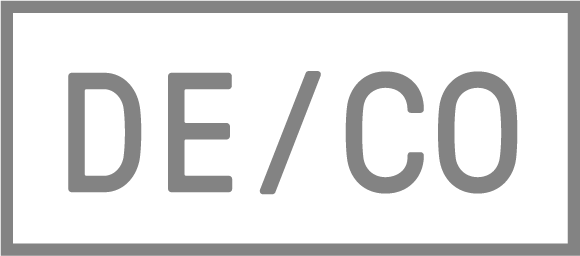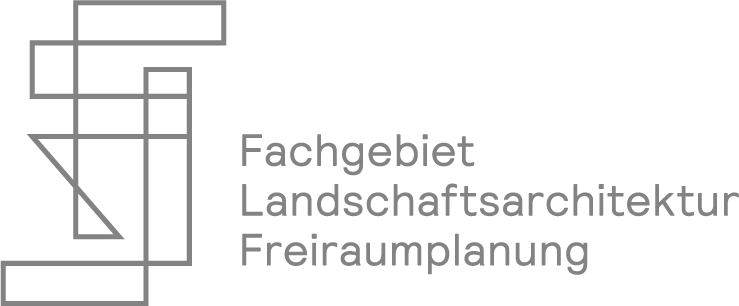DIAGNOSE! Lecture
The Doubled Berlin
Throughout history, Berlin has been influenced by dualistic forces – first Berlin and Cölln, then East and West, now Berlin and Brandenburg. Looking through the lens of duplicity and jumping through time and space, Tobias Hönig gives an insight into the historic development of today’s capital, explaining different political eras and exploring their influence on the shape of the contemporary city. Architecture as an expression of social and political conditions is often used as the carrier of ideological messages. In the case of East and West Berlin, a close look at public infrastructures built during the cold war dissects this phenomenon.
“Das Doppelte Berlin / The Doubled Berlin” is a research project that looks at what Hönig terms the “architectural arms race” of the divided city, that led to the duplication of its necessary/representative political, cultural, or mobility architectures and infrastructures.
Length: 54:31 min
About Tobias:
Tobias Hönig is partner and co-founder of the office collective c/o now. Since 2018 he’s part of the Institute for Principles of Modern Architecture, Cultural Theory and Design (IGMA) at the University of Stuttgart. Alongside, and in his work with c/o now, Tobias Hönig is concerned with the production conditions of architecture and urbanity.
BB2040
[EN] Berlin Brandenburg 2040 was initiated by the Habitat Unit in cooperation with Projekte International and provides an open stage and platform for multiple contributions of departments and students of the Technical University Berlin and beyond. The project is funded by the Robert Bosch Foundation.
[DE] Berlin Brandenburg 2040 wurde initiiert von der Habitat Unit in Kooperation mit Projekte International und bietet eine offene Plattform für Beiträge von Fachgebieten und Studierenden der Technischen Universität Berlin und darüberhinaus. Das Projekt wird von der Robert Bosch Stiftung gefördert.








